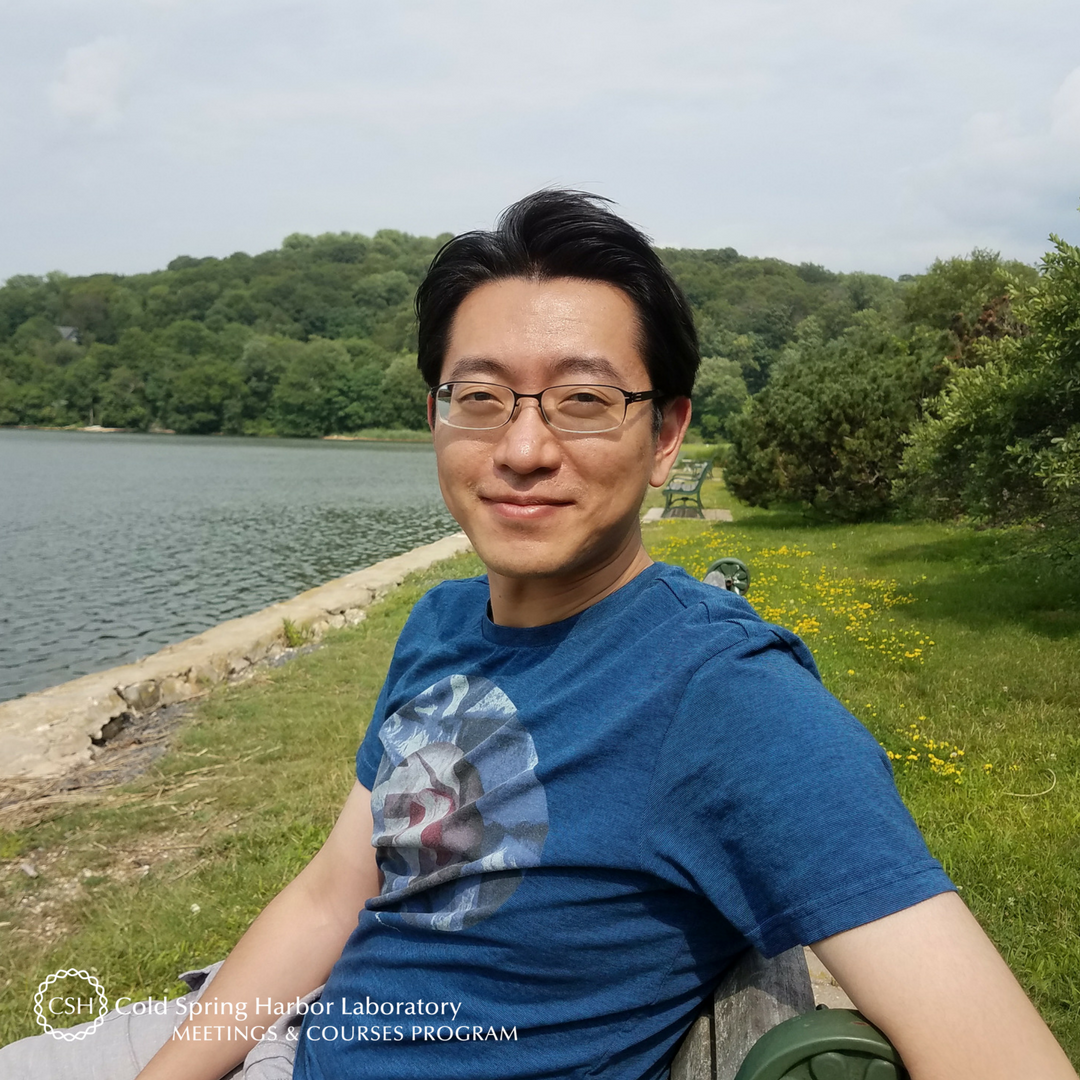Meet Marek Svoboda of Dartmouth College. Marek is a PhD Student in Quantitative Biomedical Sciences and a member of Dr. Giovanni Bosco’s lab. He is wrapping up his two-week training at our Single Cell Analysis course and is considering to attend our Single Cell Analyses meeting this fall.
What are your research interests? What are you working on?
I am using a mouse model of Autism Spectrum Disorder (ASD) with a mutation in a specific gene (PTEN) to characterize the molecular pathways responsible for the developmental abnormalities observed in humans. In my research, my goal is to move us closer to an effective treatment of ASD by combining medical knowledge with wet lab and computational techniques.
How did you decide to make this the focus of your research?
My main interests lie in neuroscience and genetics, both of which are essential for the study of Autism, an increasingly prevalent developmental disorder in children. In my future, I would like to become both a researcher discovering new ways to treat neurological diseases and a physician delivering those directly to patients.
How did your scientific journey begin?
I have always been interested in psychology and the inner workings of the human mind. At high school, I was inspired by my amazing Biology teacher and the more I learned about the human body, the more I wanted to understand the nervous system and the associated pathology. Later in college, I decided to become a physician-scientist with a focus on neuroscience.
Was there something specific about the Single Cell Analysis course that drew you to apply?
I am the only person doing single cell RNA sequencing (scRNA-seq) in my lab, and the only person doing scRNA-seq of neurons at my institution. Therefore, my primary motivation has been to acquire some of the more advanced wet lab and analytical skills for this technique. More generally, though, I personally believe that the ability to extract a wealth of information from individual cells bears an incredible potential for the future of personalized medicine. While I am using scRNA-seq in my own thesis research project, I hope to combine it with other single cell techniques in my future research and maybe even clinical practice.
What and/or how will you apply what you’ve learned from the course to your work?
I have already learnt some of the basic analytical processing steps for the data that I will obtain from my own experiments, which I am really excited about – though, I know more is yet to come! I really like the combination of wet lab and bioinformatics that this course offers. At Dartmouth, I am a member of the Single Cell Interest Group, and so I am also looking forward to sharing all the cool single cell techniques and other ideas with my colleagues back home.
What is your key takeaway from the Course?
There is so much more to single cell analysis than just RNA! Depending on the question, it may be a good idea to complement the transcriptomic data with the other ‘omics’ approaches, which are all fairly doable – with the right guidance and resources, of course.
If someone curious in attending this course asked you for feedback or advice on it, what would you tell him/her?
Make sure to have as few outside commitments during the course as possible, as the course itself is relatively intense and at the same time absolutely worth it. Come here ready to work hard, learn a lot, but also socialize and meet new people. Be mindfully present every second of the course, as the time spent here is extremely valuable!
What do you like most about your time at CSHL?
I really appreciate the fact that during the course, the conditions are perfectly conducive to what we are meant to focus on here. The course is extremely well-organized: one day we show up to lab and it is ready for RNA extraction. The next day, as if by a miracle (in fact, by tireless work of TAs, often into the late night), the lab is ready for confocal microscopy. Everything we need is available to us here all the time, and the atmosphere at CSHL feels very welcoming overall. As a result, taking a course at CSHL is a worry-free experience that creates a wealth of lasting memories.
Marek received financial support from Regeneron to cover a portion of his course tuition and a Research Alumni Award from Dartmouth to specifically attend this course. On behalf of Marek, thank you to Regeneron and the alumni of Dartmouth’s graduate program for supporting and enabling our young scientists to attend a CSHL course where they expand their skills, knowledge, and network.
Thank you to Marek for being this week's featured visitor. To meet other featured scientists - and discover the wide range of science that takes part in a CSHL meeting or course - go here.





